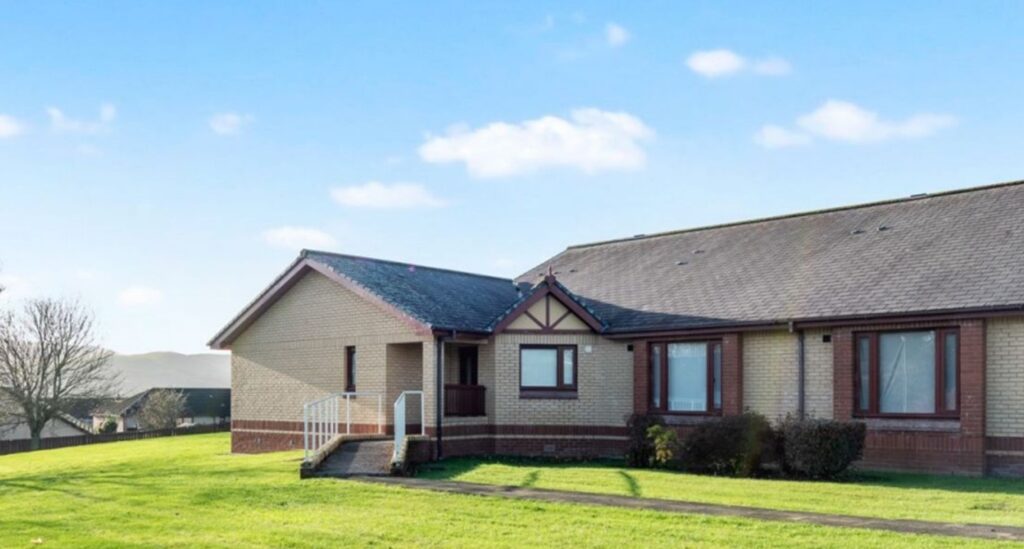A ‘groundbreaking’ integrated housing and care technology project is to benefit residents living in a retirement housing development in South Lanarkshire.
The pilot project will see ‘unobtrusive’ sensors placed around the development in Biggar and inside each individual’s home in order to monitor property and wellbeing conditions such as temperature, humidity and motion.
Glasgow tech firm Archangel is partnering with the Digital Health & Care Innovation Centre (DHI) and Bield Housing & Care on the six-month trial of kit, which is being supported by the UK Government’s 5GIR (Innovation Regions) fund.
Under the scheme, Archangel secured a share of a £600,000 Smart & Connected Social Places (SCSP) 5G Innovation fund, one of eleven digital health and technology projects across the Glasgow City region.
Covering retired individuals within 25 homes, the ‘Evaluating care delivery in rural settings’ project, the sensors will feed back data to Archangel’s ambient assisted living (AAL) technology platform and automatically monitored 24/7 to proactively address any potential issues that might arise in relation to the tenants or their living conditions.
The sensors are connected via Angelnet, the Archangel certified partner, resilient connectivity network, with the data then becoming available to all stakeholders via the Archangel platform. Angelnet includes broadband, mobile and wireless LoRaWAN (Low power long range wide area network) connecting the IoT (Internet of Things) sensors within the properties and communal areas to provide a resilient, scalable and future-fit solution for housing and care by enabling wider connectivity.
Tom Morton, Archangel’s CEO and founder, said: “Data related to social housing, health, care and wellbeing is currently fragmented across multiple vendor systems and siloed datasets. This disjointed approach creates inefficiencies and hinders the large-scale adoption of IoT due to the costs associated with numerous single purpose systems and specialised skills required to manage them. It also weakens efforts to support integrated healthy, sustainable homes initiatives.
“This project showcases a smarter more cost-efficient approach to resolve these challenges using social housing data collection and presentation from multiple IoT (Internet of Things) devices via a unified communication infrastructure. It offers a single, holistic view of individuals and their home environments, allowing for collective decision-making and timely interventions.”
Gavin Wright, head of property panagement at Bield Housing, said: “This project enables us to explore IoT expansion as part of our digital strategy and aligns closely with the Smart Social Housing initiative which aims to tackle a major challenge in housing, health and social care: the fragmentation of data across disconnected systems.”
Professor Soumen Sengupta, director of health and social Care for South Lanarkshire, said: “A key objective of South Lanarkshire’s Local Housing Strategy is that people with particular needs are better supported to live independently within the community in a suitable, sustainable home. The integrated deployment of digital technologies will have an increasingly important role in this and I am looking forward to the sharing of the lessons learnt from this project across our local authority area, the wider Glasgow City Region and the country as a whole.”
